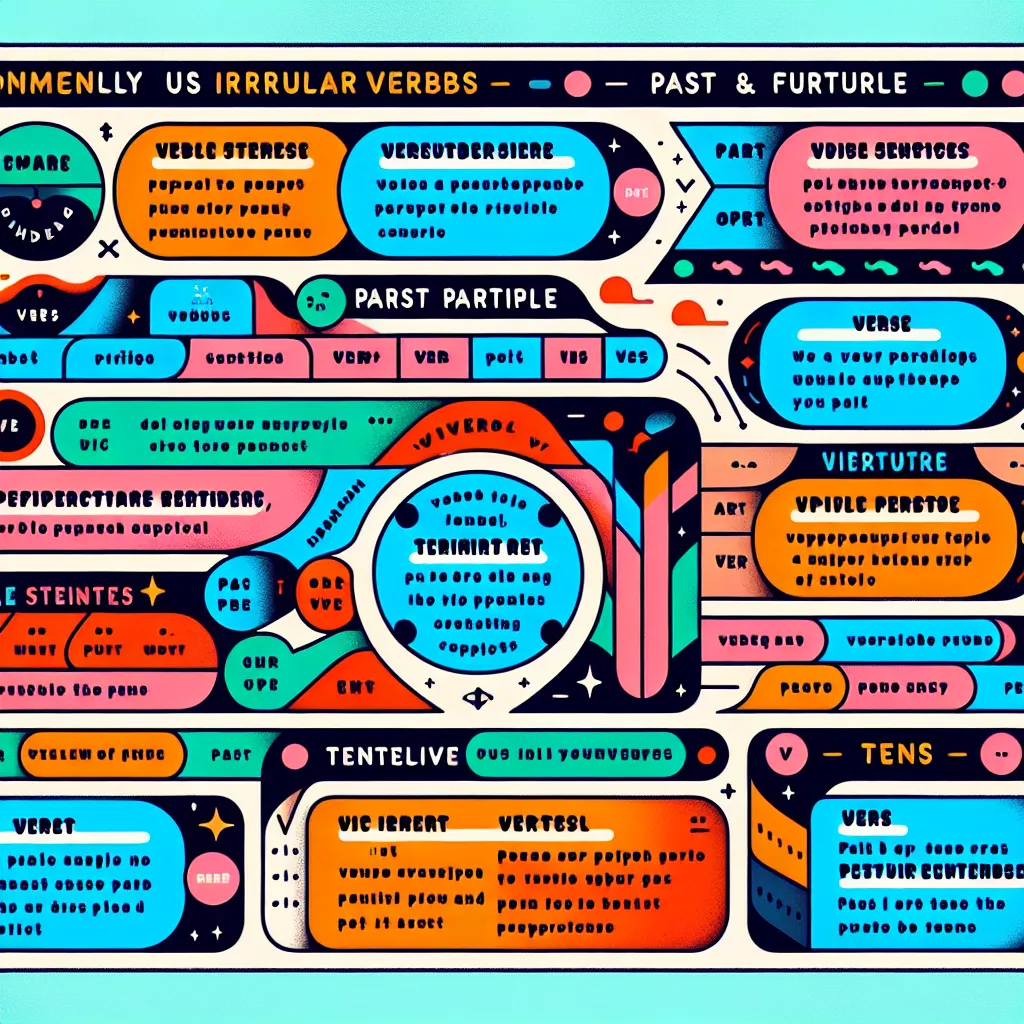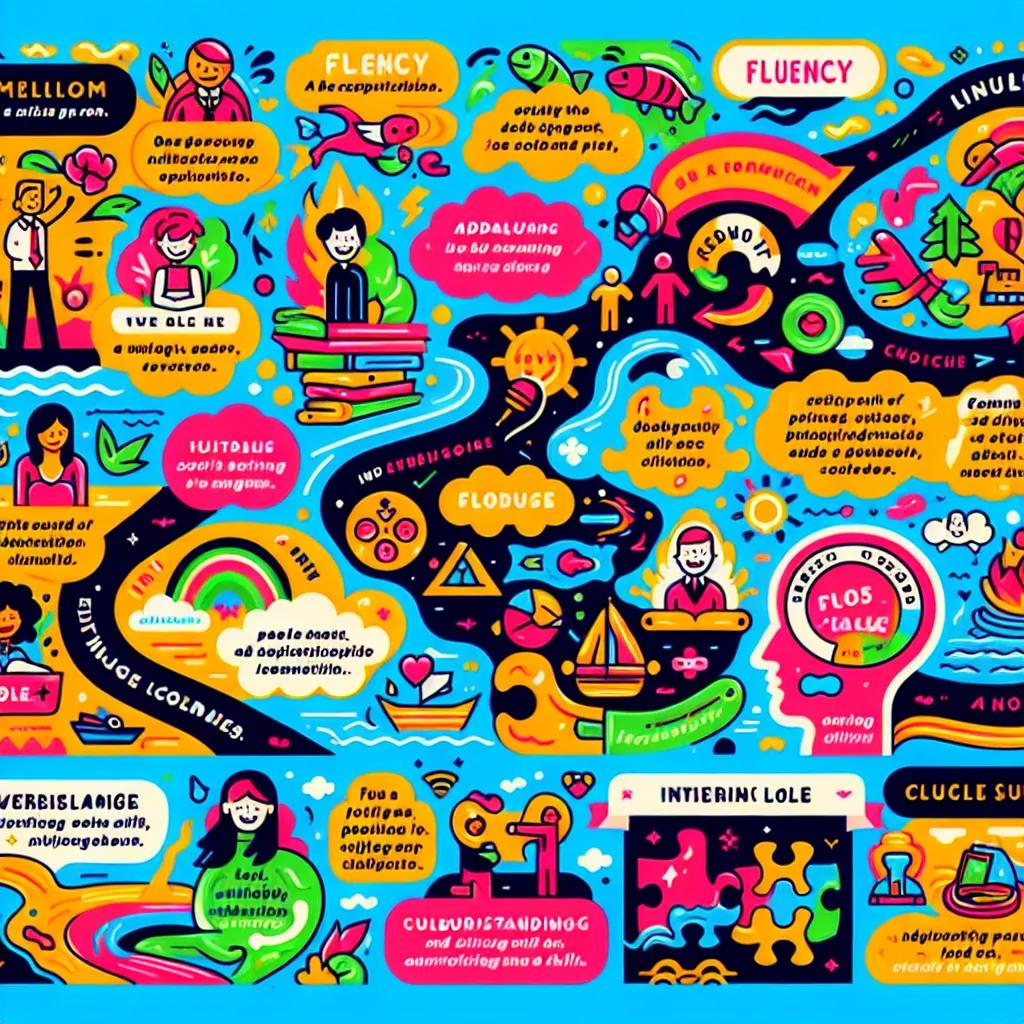Learning English tenses can be a challenging yet rewarding journey for language learners. Understanding how to use tenses correctly in various contexts is crucial for effective communication. This article provides valuable tips and strategies to help you master English tenses in context, improving your overall language proficiency.
Why Mastering English Tenses is Important
English tenses play a vital role in conveying time, sequence, and duration of actions. They help listeners and readers understand when an event occurred, its frequency, and its relationship to other events. Mastering tenses allows you to express yourself more accurately and fluently, whether you’re speaking about past experiences, describing current situations, or discussing future plans.
 English Tenses Timeline
English Tenses Timeline
Tips for Mastering English Tenses in Context
1. Understand the Basics of Each Tense
Before diving into complex usage, ensure you have a solid grasp of the basic structure and function of each tense. This includes:
- Simple tenses (past, present, future)
- Progressive tenses (past, present, future)
- Perfect tenses (past, present, future)
- Perfect progressive tenses (past, present, future)
Understanding the fundamental rules will provide a strong foundation for more advanced learning.
2. Practice with Real-Life Situations
One of the most effective ways to master tenses is by using them in real-life contexts. Try these activities:
- Keep a daily journal, describing your activities using various tenses
- Narrate stories or personal experiences to friends or language partners
- Participate in role-playing exercises that require different tenses
By applying tenses to authentic situations, you’ll develop a more intuitive understanding of their usage.
3. Use Timeline Visualizations
Creating visual timelines can help you understand the relationship between different tenses. For example:
- Draw a timeline and mark events using different colors for each tense
- Use diagrams to show how perfect tenses relate to specific points in time
- Create flowcharts to illustrate the decision-making process for choosing the correct tense
Visual aids can make abstract grammatical concepts more concrete and easier to grasp.
4. Study Tenses in Context
Rather than learning tenses in isolation, focus on how they’re used in context. Try these methods:
- Read authentic materials like news articles, novels, or blogs, paying attention to tense usage
- Listen to podcasts or watch videos, noting how native speakers use tenses in different situations
- Analyze song lyrics to see how tenses are used creatively in music
By observing tenses in natural language, you’ll develop a better sense of when and how to use them appropriately.
5. Practice with Targeted Exercises
While context is crucial, targeted exercises can help reinforce your understanding of specific tenses. Consider:
- Completing gap-fill exercises focusing on one tense at a time
- Transforming sentences from one tense to another
- Correcting common tense errors in sample sentences
These exercises can help you identify areas that need improvement and build your confidence in using tenses correctly.
6. Use Mnemonic Devices
Mnemonic devices can be helpful for remembering tense rules and structures. For example:
- “I am” for present progressive (I am eating)
- “I have” for present perfect (I have eaten)
- “I will” for simple future (I will eat)
Create your own memory aids to make tense rules more memorable and easier to recall.
7. Focus on Verb Forms
Understanding irregular verb forms is crucial for mastering tenses. To improve in this area:
- Create flashcards with irregular verb conjugations
- Practice using irregular verbs in sentences
- Play word games that focus on verb forms
Regular practice with verb forms will make it easier to use them correctly in different tenses.
 Irregular Verbs Practice
Irregular Verbs Practice
8. Learn Tense Transitions
Understanding how to smoothly transition between tenses is essential for natural communication. Practice:
- Writing paragraphs that require multiple tenses
- Telling stories that move between past, present, and future events
- Describing hypothetical situations using conditional tenses
Mastering tense transitions will greatly enhance your ability to express complex ideas and narratives.
9. Use Technology to Your Advantage
Leverage technology to support your tense learning:
- Use language learning apps with tense-specific exercises
- Set up grammar checkers to help identify tense errors in your writing
- Join online forums or social media groups dedicated to English grammar discussions
Technology can provide additional resources and opportunities for practice outside of traditional learning methods.
10. Seek Feedback and Correction
Regular feedback is crucial for improving your tense usage. Consider:
- Working with a language tutor who can provide personalized feedback
- Participating in language exchange programs to practice with native speakers
- Joining a writing group where members can review each other’s work
Constructive feedback will help you identify and correct persistent errors in your tense usage.
Common Pitfalls to Avoid
When learning English tenses, be aware of these common mistakes:
- Overusing the present progressive tense for habitual actions
- Confusing the simple past and present perfect tenses
- Incorrect formation of negative and question forms in various tenses
- Misusing the future tense with time clauses (e.g., “when,” “after,” “before”)
- Forgetting to use the perfect aspect to show completed actions
By being mindful of these pitfalls, you can focus on areas that may need extra attention in your studies.
Next Steps in Your Tense Mastery Journey
After familiarizing yourself with these tips, consider taking the following steps:
- Create a study plan that incorporates regular tense practice
- Set specific goals for improving your use of challenging tenses
- Find a language partner or tutor to practice speaking with correct tense usage
- Take a diagnostic test to identify your strengths and weaknesses in tense usage
- Challenge yourself with advanced texts or conversations that use complex tense structures
Remember, mastering English tenses is an ongoing process that requires patience and consistent practice. By applying these tips and strategies, you’ll be well on your way to using tenses confidently and accurately in various contexts.
For more in-depth guidance on specific aspects of English grammar, check out our articles on how to master narrative tenses and tips for learning English grammar through context. These resources will provide additional insights and techniques to enhance your tense mastery journey.




